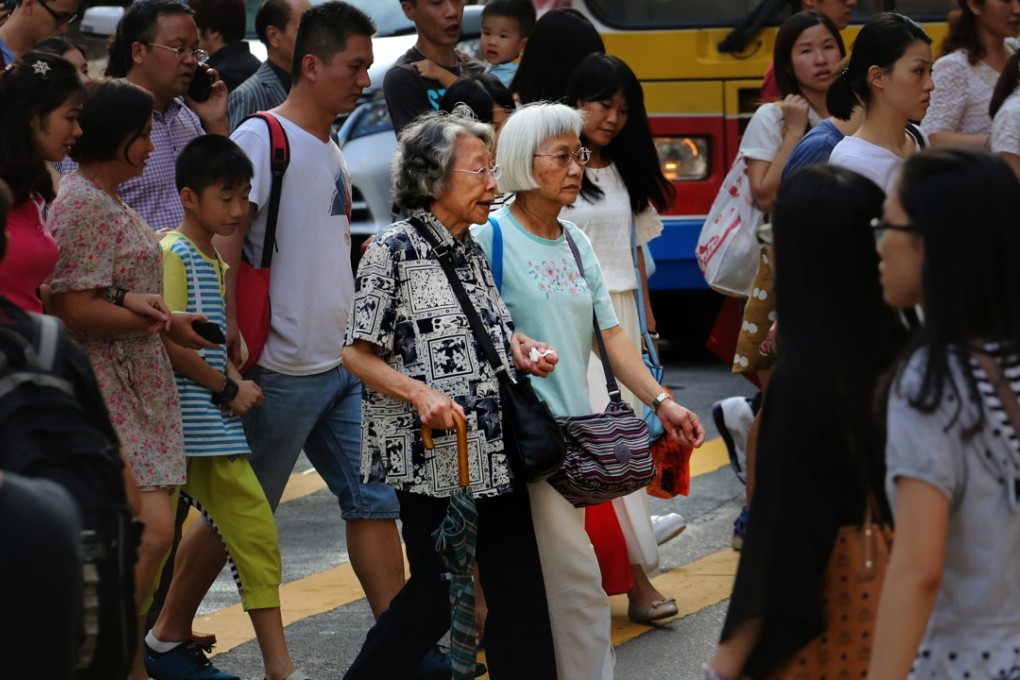The View | How Hong Kong’s public housing policy shuts out needed skills, talent

Last Saturday Andrew Sheng, writing in the South China Morning Post about Asia’s future in the next market adjustment, correctly pointed out: “Ultimately, demographics and geography determine destiny.” Hong Kong has the most robust market institutions in Asia for weathering the looming uncertainties in the global economic environment. It also has the right geography. But unfortunately it has poor demographics.
The right geography is its location in the fastest growing area in the world. Between 1990 and 2010, 20 per cent of the world’s GDP shifted largely to Asia Pacific. Hong Kong is at the centre of this region. What better neighbourhood is there?
Hong Kong’s poor demographics are evident in the declining size and quality of its labour force. Government projections show the labour force will shrink by 3.9 per cent from 2016-26 and 2.2 per cent from 2026-36 – and among 25-44 year olds, by 10.4 per cent and 7.3 per cent, respectively.
Hong Kong’s aggregate human capital stock as measured by the average years of schooling multiplied by the size of the labour force will also cease to grow from now onwards if education investment remains unchanged. For the younger worker force aged 25-44 years old it had stopped growing starting in the mid-1990s.
A declining and ageing labour force means investments and jobs will go elsewhere. To sustain investments in the highest value added jobs, the younger population has to be much better educated than it is today.
